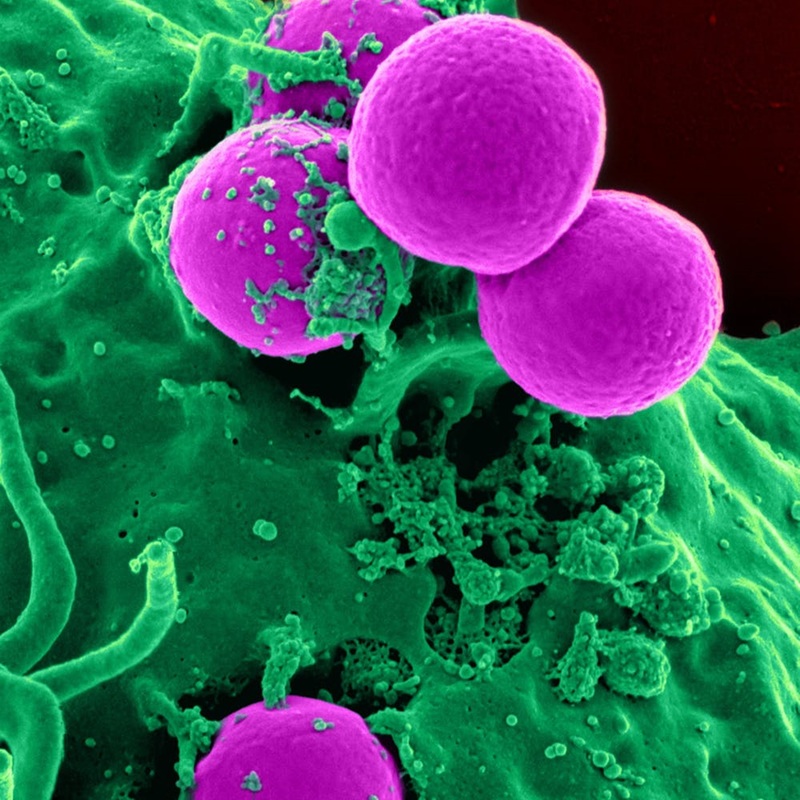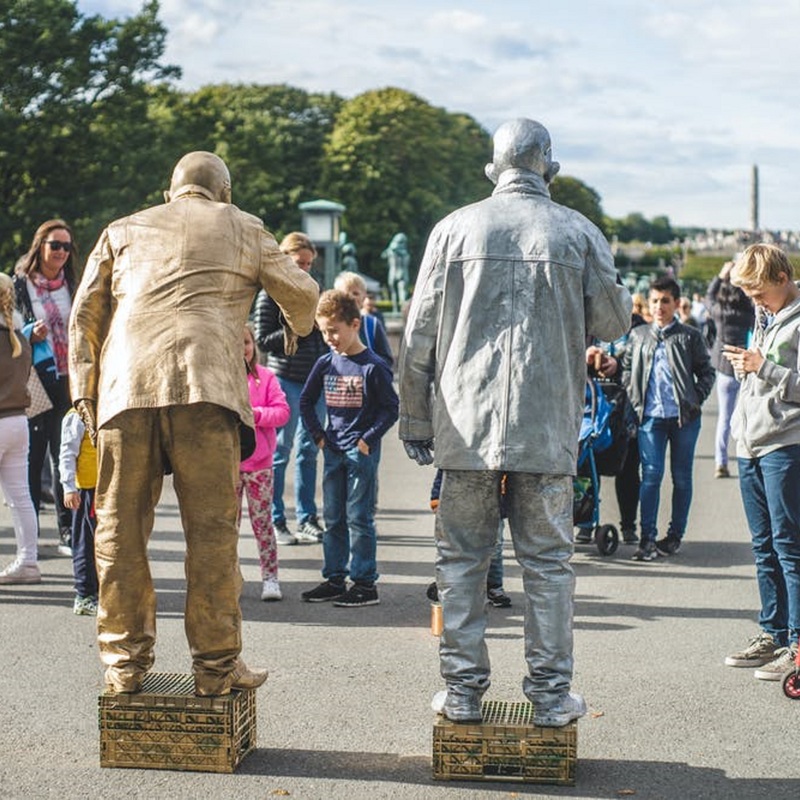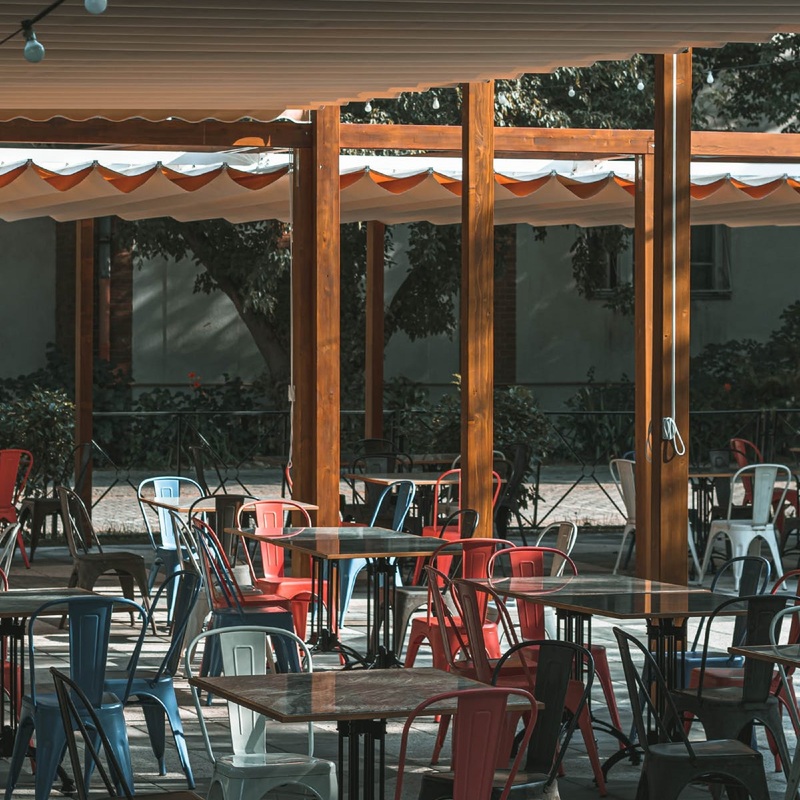Search
The Chrysalis Project
DOI: 10.17160/josha.7.5.718
A convocation speech of Dr. Joachim Frank (Columbia University), alumnus of the University of Freiburg, to the students of the Indraprastha Institute of Information Technology (IIIT) Delhi on September 26, 2020. The author expresses concerns regarding the current pandemic and suggests that this might be a good opportunity to rearrange the world, rather than going back to normal.
Health Impact Fund
DOI: 10.17160/josha.7.5.717
As currently designed, pharmaceutical markets have a fundamental flaw that mainly affects poor people: the development of new medicines is funded exclusively through markups protected by patents. This flaw causes research neglect of diseases concentrated among the poor. It deprives poor people of access to patented medicines even when these can be mass-produced cheaply. And it encourages suboptimal treatment with medicines that earn much higher markups than those that are best for the patient. The Health Impact Fund would create complementary incentives that delink the price of medicines from the fixed costs of innovation and cover the latter through health impact rewards. The webinar addresses issues of global health and the solution of the Health Impact Fund in the light of the current COVID-19 pandemic.
The Complexity of the Venturi Contradiction
DOI: 10.17160/josha.7.6.716
The purpose of this review is to explore Venturi’s approach to architecture as based on new insights into two of his books, Complexity and Contradiction in Architecture and Learning from Las Vegas, coupled with critiques from Peter Blake and Louis Huxtable and one of Venturi’s last interviews. Modern architects often confuse orderliness with order, which creates works that Venturi would describe as without meaning in the world. Even though many modern architects would argue that Venturi’s ideas and works are contradictory, Venturi would respond that contradiction accommodates order. Venturi wanted modern architects to realize only one thing—perfection in the architectural world can and should include imperfection, in all its forms.
The Tell Tale Heart
DOI: 10.17160/josha.7.5.713
During the first week of December 1952, a dense toxic fog settled over London, resulting in a total excess of 4,000 deaths compared to the previous week. The magnitude of this event, in terms of the number of people affected, finally confirmed that air pollution caused by human activities can be deadly. For the first time in history, humans became aware of the urgent need of building a relationship with the environment that achieves, in addition to their own development, their survival. The Great London Fog of 1952 is a milestone in air pollution epidemiology and environmental toxicology. This is the story. Previously published at: https://elgatoylacaja.com/ on July 23rd 2018.
Music & Medicine
DOI: 10.17160/josha.7.5.711
The use of music in medicine has been attested both among indigenous people and in the ancient civilizations up to Greco-Roman antiquity. In the 18th century, the therapeutic effect of music was increasingly used in the area of mental disorders, from which today's music therapy developed. There is hardly an area in medicine today that does not attempt to achieve health-promoting effects with music.
Editorial Volume 7, Issue 4
DOI: 10.17160/josha.7.4.709
Dear JOSHA readers, once again we find ourselves saying goodbye and closing another wonderful issue! This bi-monthly issue is full of wonderful articles, including more of the candidates and possible winners of the 2020 Demetrios Award. In addition, we would like to remember you that you can support us with a small donation. On the other hand, don't miss the opportunity to visit our social media and get to know us from the Instagram gallery and the Facebook wall. Remember that you can comment on the articles and also provide your star ranking.
Optimization of long-term Breast Cancer Cell Culture using live Imaging in an automated Perfusion System
DOI: 10.17160/josha.7.5.706
A significant quantity of questions remains in cellular biology. Some of them cannot be answered by applying traditional analytical techniques and request the development of new tools for research. Nowadays, the integration of microdevices and analytical platforms enables the acquisition of biological data in an agile and low-cost manner. Additionally, perfusion technologies allow us to recreate physiological microenvironments. For this reason, the integration of live-cell microscopy, perfusion, and microsystems, will enable control of the delivery of soluble factors and the tracking of single cells. These platforms have a vast potential to result in a better understanding of cell behavior, generating evidence for potential predictive models for disease treatment. We have developed a robust live-imaging fluidic system for studying breast cancer cells. Our data suggest fast and short pulses as the preferred strategy for perfused assays.
Poverty is the Mother of Health
DOI: 10.17160/josha.7.4.705
People with little education, low income, and professional status are at two to three times greater risk of developing diabetes or cancer, of having a heart attack, or a stroke. For them, these diseases appear comparatively earlier, are more severe, and have more serious consequences for everyday life. Franziska Buttgereit is a mezzo-soprano who has been a member of the Freiburg Theatre's extra choir since 2010 and its first director since 2017. In 2015 she began her singing studies with Prof. Christiane Libor at the Musikhochschule Schloss Gottesaue in Karlsruhe and has been collaborating with the University of Music and the Stadttheater Freiburg, which has led to a small role in performances and the DVD production of the same name "Cendrillon" by Jules Massenet.
JOSHA SCHOLARSHIP FUND to support young students, artists, scientists from all around the world
DOI: 10.17160/josha.7.4.703
JOSHA JOURNAL/ IASHA ACADEMY IASHA e.V. has provided scholarships to students since 2015. The requests for scholarships have significantly increased during the Corona Pandemic which is why we need your help to rapidly support students, artists and scientists who are in financial or economic distress. Scholarships are made available to local and international students to cover for their expenses. By reducing their financial barriers, we can help make education and career goals easier to obtain. In addition to the financial aid, our open-access internet journal JOSHA (www.josha-journal.org) lays out a forum where students, artists, and scientists can present their achievements to the public. There, you can value their presentations and follow-up on the impact of your funding. With your donation, you set a sign of philanthropy and help to continue our mission to support the future careers of many young and gifted people. Thank you for your donation! http://josha-journal.
Pandemic SARS CoV -2 - a Romanian perspective. The perception of a septuagenarian doctor
DOI: 10.17160/josha.7.4.702
The SARS-CoV-2 pandemic reveals everywhere in the world, and of course also in Romania, individuals’ ability to respond to danger, but also their degree of compliance with the medical, social and political regulations in order to act responsibly. Behavioral diversity, level of education, media influence have left their mark on the response of society to the spread of the infection to such an extent that the number of cases has resumed its daily growth. The perspective of the pandemic evolution remains unclear, and Romania, despite the medical effort made, does not seem to have had the complete revelation of the danger yet. Humanity lost in self-admiration does not yet realize the mortal danger of this virus.



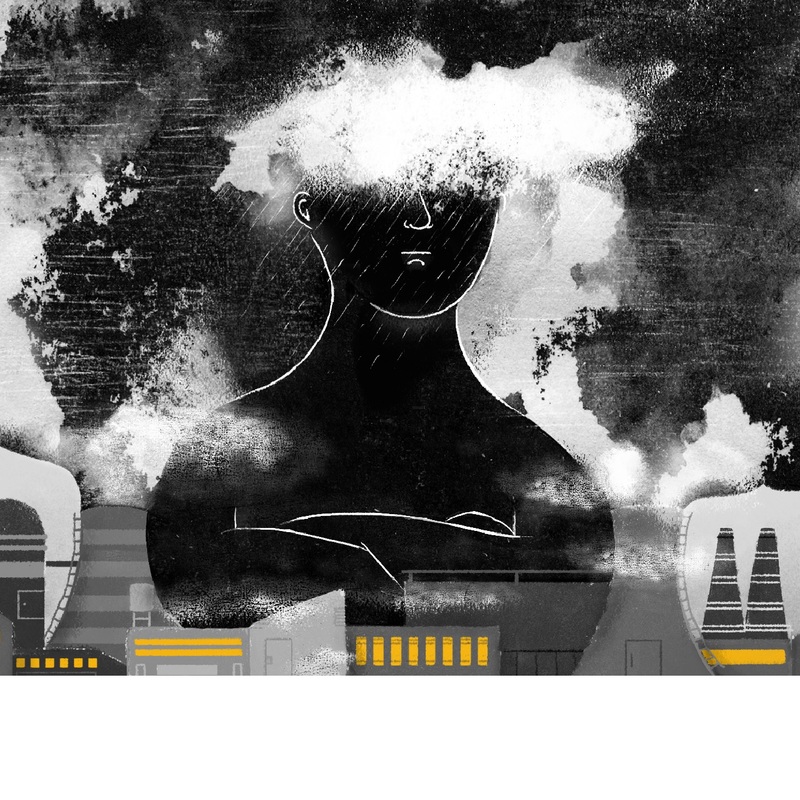
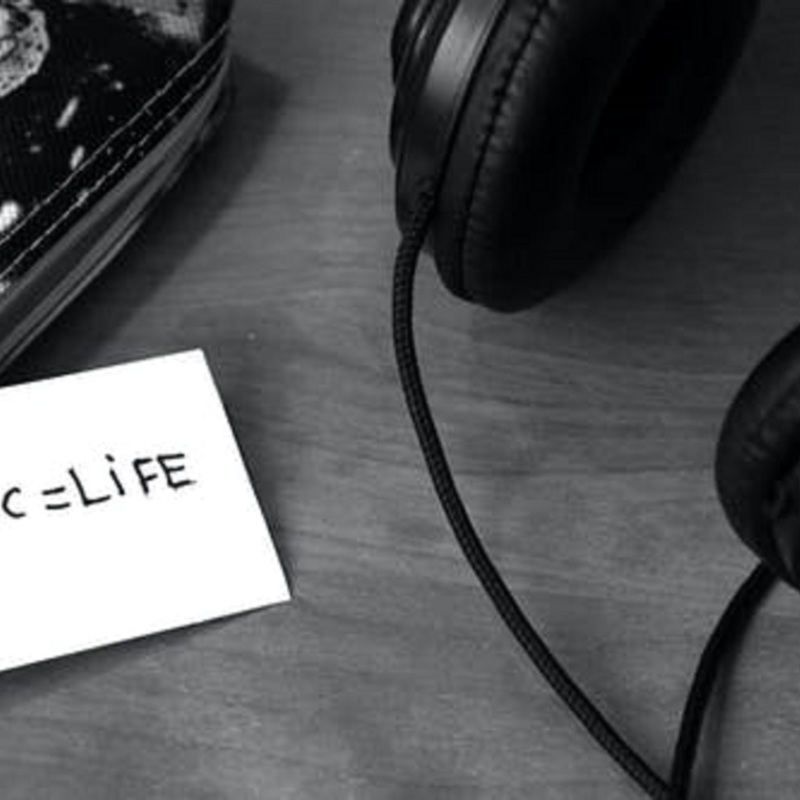
.jpg?1599499826)
